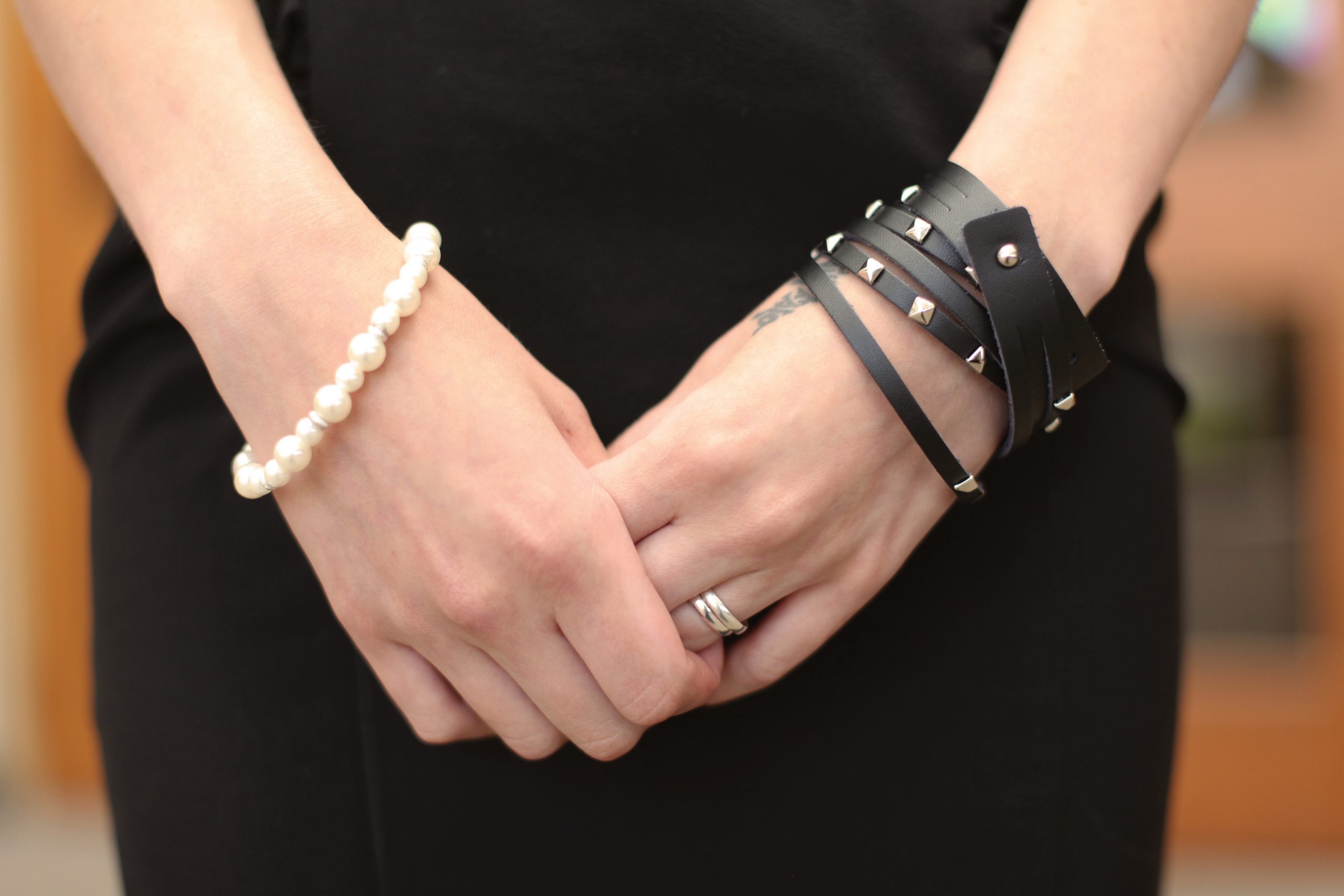The Warrior
When I first met my future sister-in-law—I was fifteen, she was seventeen—I assumed that her life was perfect. She was pretty, perky and popular—everything I was not. She was dating my brother, a medical school student, while I had never been on a date. I just knew her life would be a fairy tale with a happily-ever-after ending.
To Chemotherapy–Or Not!
An Editor’s Invitation: Making Assumptions
Reflections on Ageism
As a pre-med student, I volunteered in the emergency department of a local hospital, and I also worked as a personal trainer for MacWheelers, an exercise program for adults with spinal cord injury. Looking back, I now realize how often I made wrong assumptions about elderly patients I cared for. I assumed they were too weak and fragile for simple tasks. As a personal trainer, I was overly restrictive on which equipment they could use and the types of movements they could safely perform.

